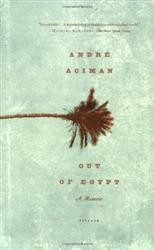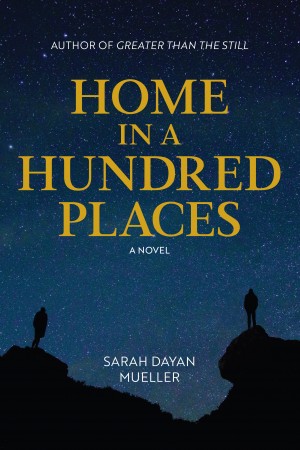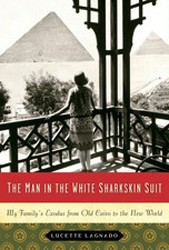Elio Zarmati was born in 1945 in Cairo and grew up amid the revolutionary changes that took place in Egypt with the overthrow of King Farouk in 1952 and the Suez Crisis of 1956.
In his early childhood, Zarmati enjoyed a life of relative privilege. His mother’s family were Cairoites of long standing, steeped in the unique blend of Jewish and Arabic culture. His mother was friends with an array of diplomats, government ministers, and other socially elevated types. She spent her days in cafes and elegant restaurants. Zarmati’s father’s family was well off but of a lower social standing; he ran a haberdashery frequented by British officers and Egyptian gentlemen. The parents’ social and intellectual differences led to their separation and divorce, and young Zarmati and his father moved in with Zarmati’s traditional Nona (grandmother), who kept the flame of Judaism alive.
As Zarmati approached adolescence, his world began to change. The monarchy was overthrown, and the military, eventually dominated by Gamal Abdel Nasser, ascended to power. The growing Islamization of life put pressure on the non-Islamic residents in this polyglot, multicultural milieu. The Suez Crisis led to an increase in explicit anti-Zionist and anti-Jewish rhetoric as well as tighter restrictions on Jewish residents. Many decided to flee to Europe or Israel. While most of Zarmati’s father’s family left soon after Suez, Zarmati and his father, for reasons not made clear, had difficulty in obtaining their exit visas. Thus Zarmati was stuck in a kind of limbo, preparing for a bar mitzvah he didn’t really care about, torn between his parents, and experiencing the general angst of becoming a teenager in the 1950s.
Zarmati was somewhat of a prodigy in his interest in French culture and literature (he read voraciously in his late-grandfather’s library), but he also had some learning difficulties, and his assertive personality often ran afoul of school authorities who did not brook any backtalk. For a good part of his life, he felt adrift — split between the different worlds of his parents; Jewish but not religiously inclined; a second-class citizen in a Muslim country; more comfortable in French than Arabic. Belatedly, forced to study Arabic by the new regime in the schools, he came to admire the works of the great Egyptian novelist Naguib Mafouz and began to identify more with his native land just as he was forced to leave.
This book is lovingly written and filled with vivid details of Cairo street life. Zarmati recalls with affection the buzz and scent of the souk where his mother loved to shop, the decaying Jewish neighborhood where his forebears lived, and the colorful characters who populated his life. The swirl of traffic and humanity through Tahrir Square, close to Nona’s apartment, serve as the central symbols of Zarmati’s lost childhood. This book is a worthy addition to the small array of memoirs of Zarmati’s contemporaries, such as Andre Aciman’s Out of Egypt and Lucette Lagnado The Man in the Sharkskin Suit, that evoke this lost world with love and affection.





